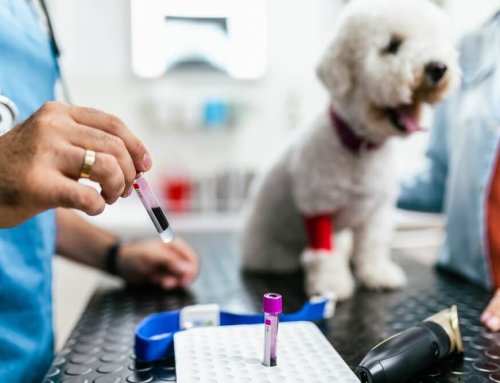Hi, Rachel here! Unfortunately, I have first-hand experience now getting the phone call that your dog has been found and I’d like to share it with you! I knew how important it was to microchip, but now I really understand.
Skiba escaped our fence and went for a joyride, but we didn’t know until we got the call. He was microchipped as a puppy, and has a tag on his collar saying so. The wonderful family that he ran right up to called the company on the tag and gave his ID number. Honestly, I couldn’t remember if we ever registered the chip after we got it, but I am really glad we did! He other tag was so faded you couldn’t read it. Since our information was correct, they called me right away and he was back home within minutes.
This sheds a light on how important it is to not only microchip, but make sure you REGISTER the chip to your correct name, address, and phone number. Update the information if you ever move or get a new number.
According to the AVMA, having a microchip takes the chances of your pet being returned to you from 26% to 52%! Most shelters and rescues microchip before you’d adopt, but most breeders do not. This is something we recommend as a part of your pet’s first year scheduled vaccines and castration, but it can be done at any age, any time. If your pet is ever under anesthesia and is not microchipped, we like to offer it at this time because the needle is larger and can be more uncomfortable. We then insert it while they are sleeping and comfortable.
The microchips we offer at 360 Pet Medical have lifetime registration included, which is great because some companies charge subscription fees for registration.
Give us a call if you’re interested in adding a microchipping service to your appointment, and ask for Rachel if you want to know why you should! 😅








Leave A Comment